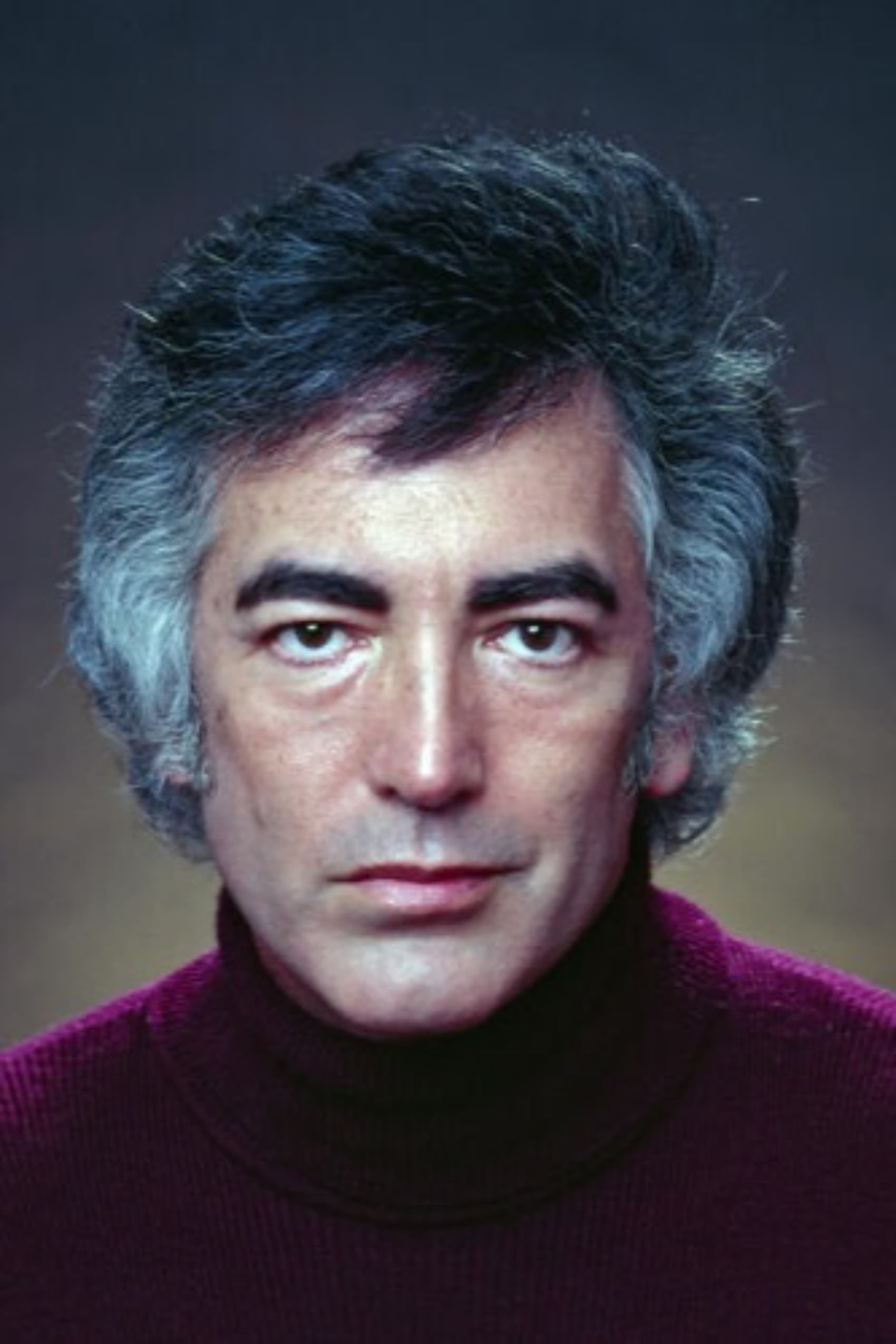
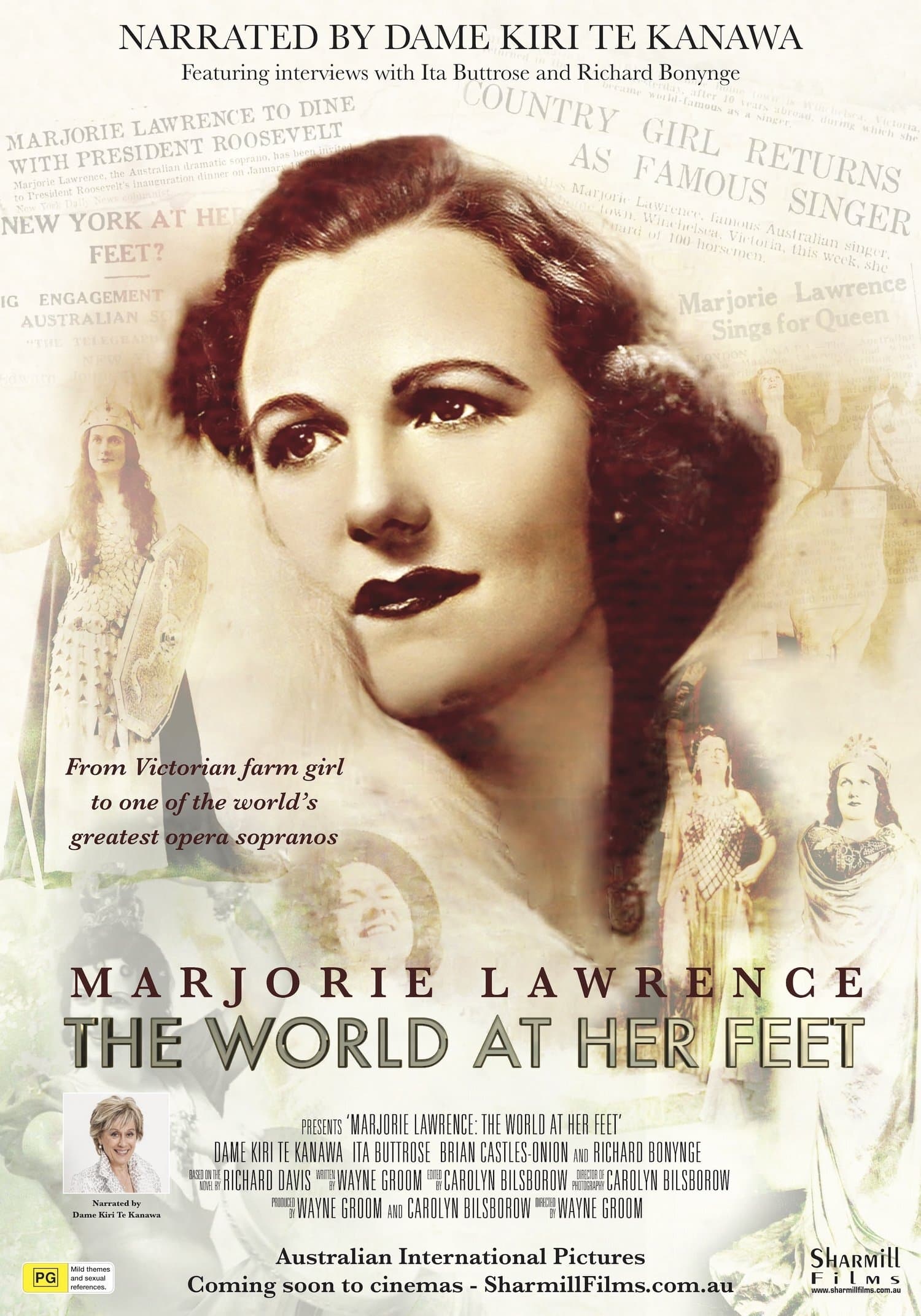
Marjorie grew up in Winchelsea in country Victoria, Australia, dreaming of becoming an opera star like Dame Nellie Melba. In 1928 she went to Paris to study opera without knowing a word of French and having never heard of Richard Wagner. In 1941, at the height her success, she was tragically cut down by polio and became completely paralysed. With the help of Australian nurse, Sister Kenny, Marjorie regained movement in her upper body and resumed her career in a wheelchair. In 1955, MGM made a movie of her life, "Interrupted Melody", starring Eleanor Parker and Glenn Ford, which won an Academy Award.
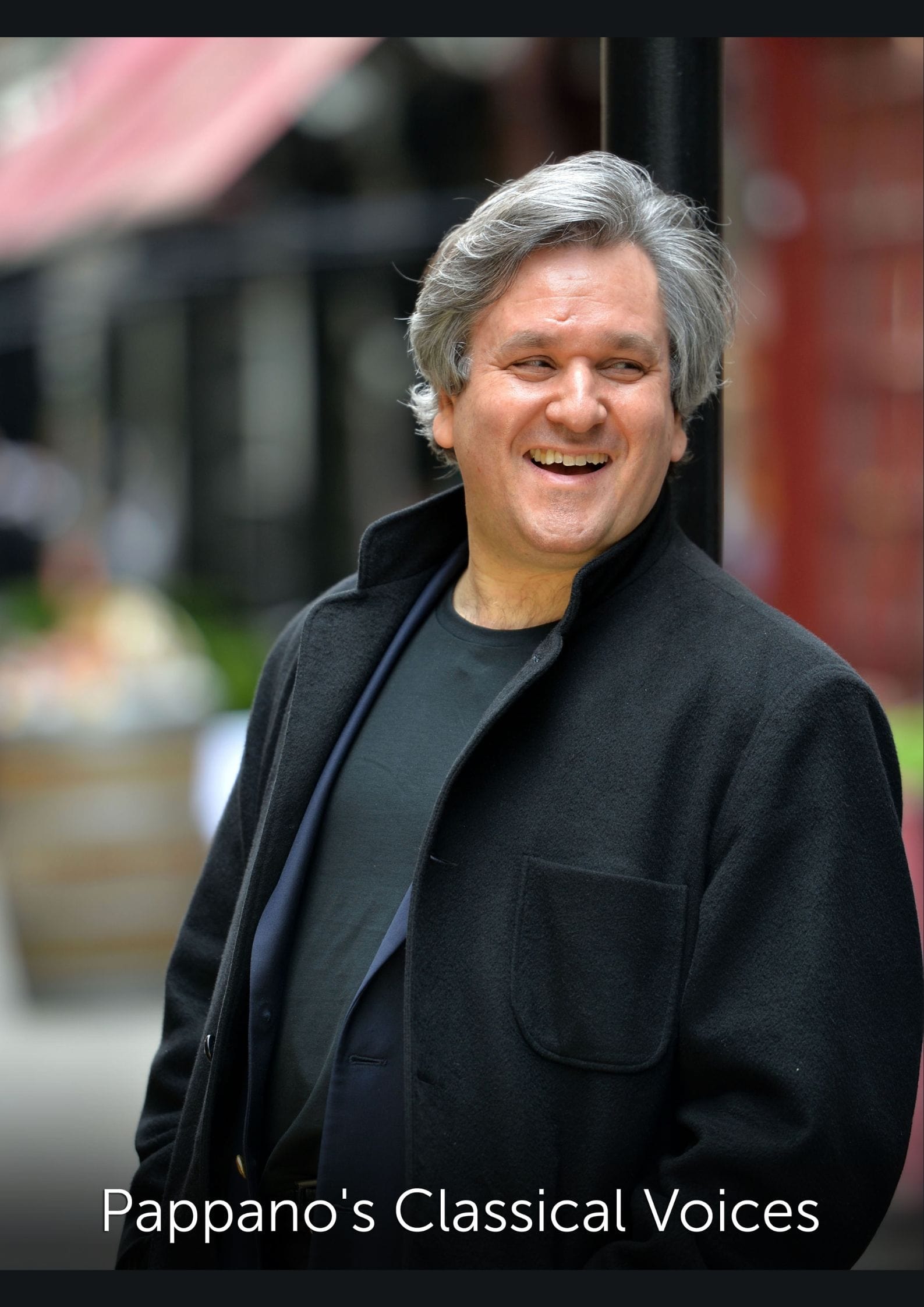
Sir Antonio Pappano explores the great roles and the greatest singers of the last 100 years through the prism of the main classical voice types - soprano, tenor, mezzo-soprano, baritone and bass.
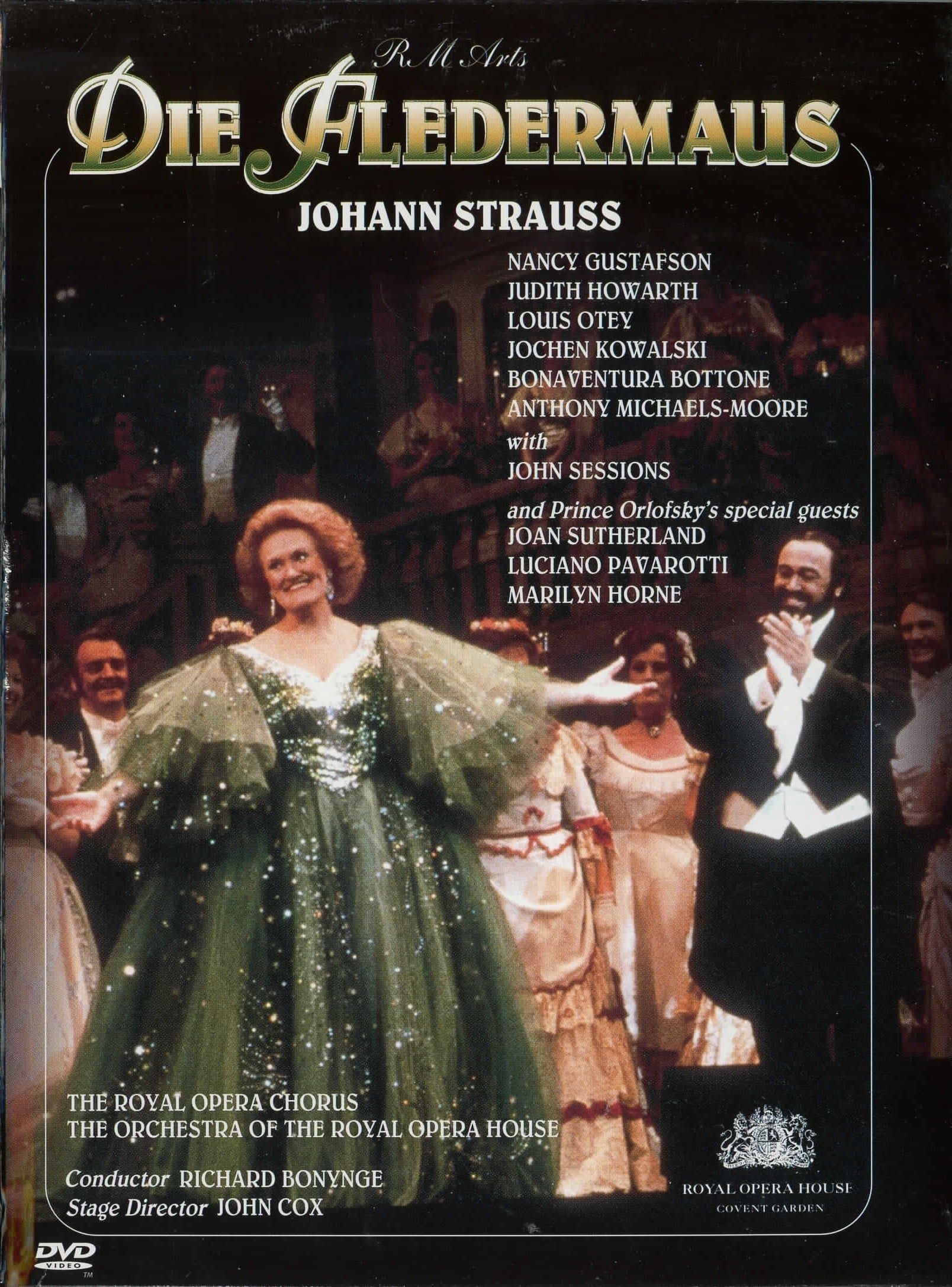
After the Viennese premiere, the Fledermaus (the bat) conquered the world. It is one of the few operettas that are regularly performed at the major opera houses such as the Metropolitan Opera, the Scala Milan, the Vienna State Opera and the Royal Opera House Convent Garden in London. John Cox directed this lavishly equipped production by Julia Trevelyan Oman initially in London in 1977. On New Year's Eve 1990, this staging offered the luxurious ambiance for the farewell to Joan Sutherland from her London audience. The singer had admired them since her first great success at this prestigious opera house in the fifties. The rushing feast in the second act reached its climax with its stormy cheered performance and the commitment of her friends and colleagues Luciano Pavarotti and Marilyn Horne, with whom she often stood together on the stage.
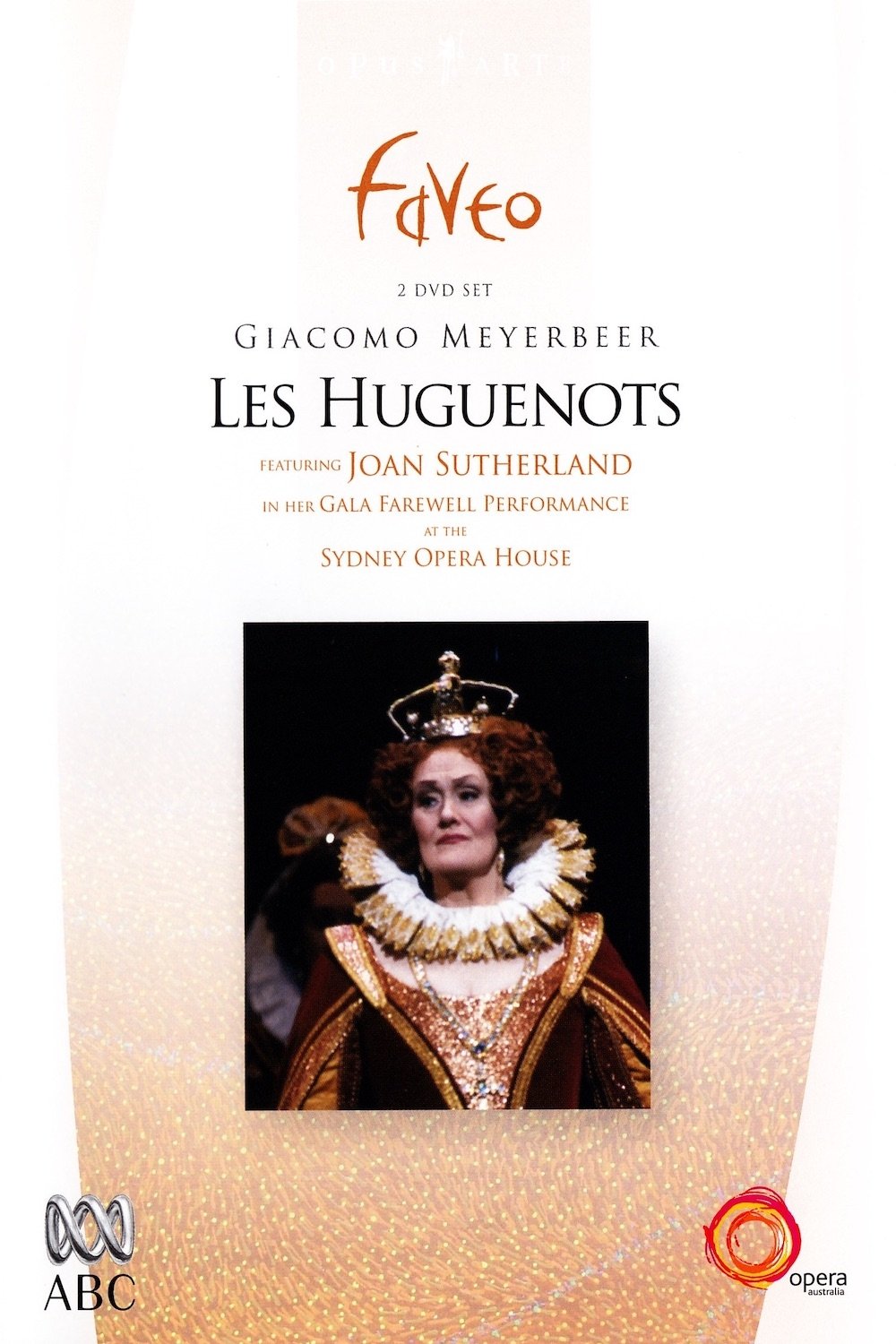
Joan Sutherland's farewell performance to the operatic stage offsets this story of the St. Bartholomew's Day massacre and the magnificence of 16th century France.
By browsing this website, you accept our cookies policy.